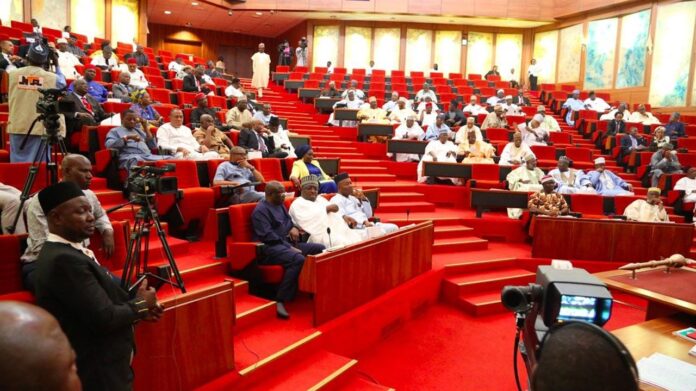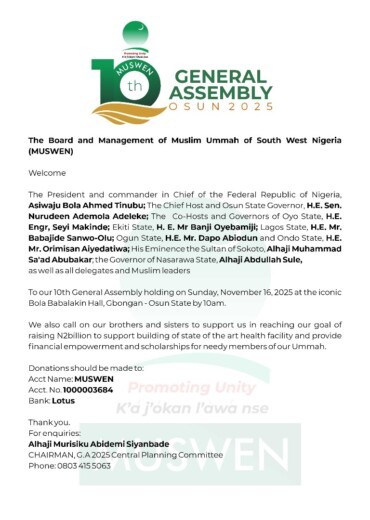The Nigerian Senate has hit a roadblock in its deliberations on the implementation of financial autonomy for the 774 Local Government Councils, as mandated by the Supreme Court in August.
The confusion arose when Senator Tony Nwoye, representing Anambra North, raised a point of order regarding alleged attempts by state governments to circumvent the judgment.
Nwoye’s motion, co-sponsored by nine other senators, claimed that some governors are using their state Houses of Assembly to enact laws requiring local governments to remit funds into joint state-local government accounts, contrary to the Supreme Court’s ruling.
However, Senator Adamu Aliero, representing Kebbi Central, countered that the Senate should not debate the issue, citing Section 287 of the 1999 Constitution, which makes Supreme Court judgments enforceable nationwide.
Senate President Godswill Akpabio agreed with Aliero but noted that Section 162, subsection 6, of the Constitution creates the State-Local Government Joint Account, which needs to be amended for full implementation of the Supreme Court judgment.
READ ALSO: NNPC hikes petrol price by 15% to N1,030/litre in Abuja
The debate took a chaotic turn when Nwoye and Senator Abdulrahman Summaila Kawu raised simultaneous points of order, prompting an emergency closed-door session.
The Supreme Court’s judgment had barred governors from retaining or utilizing funds meant for local governments, deeming it illegal and unconstitutional. The court ordered direct payment of funds to local governments from the federation account.
As the Senate struggles to navigate this issue, it’s clear that the path to implementing financial autonomy for local governments remains uncertain.



